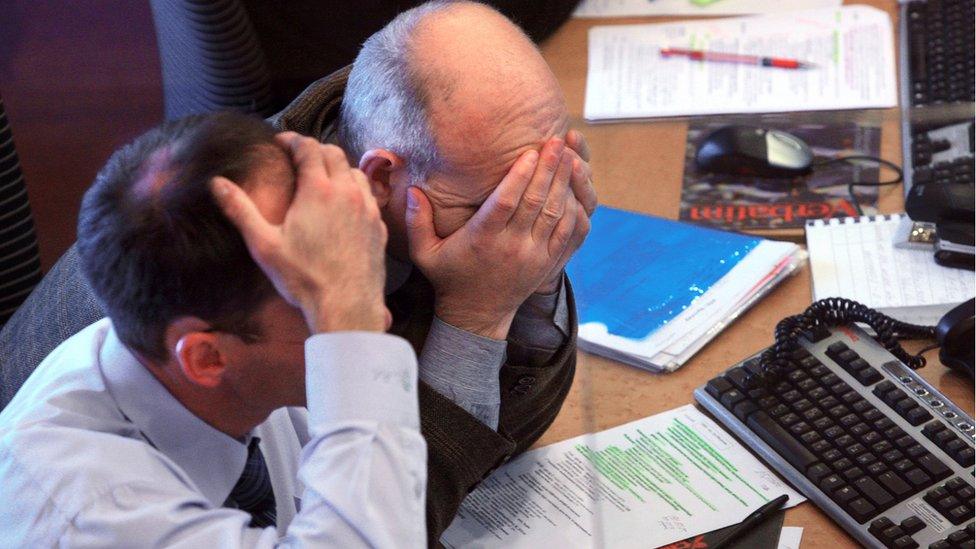Comma comeuppance: When rogue punctuation proves costly
- Published
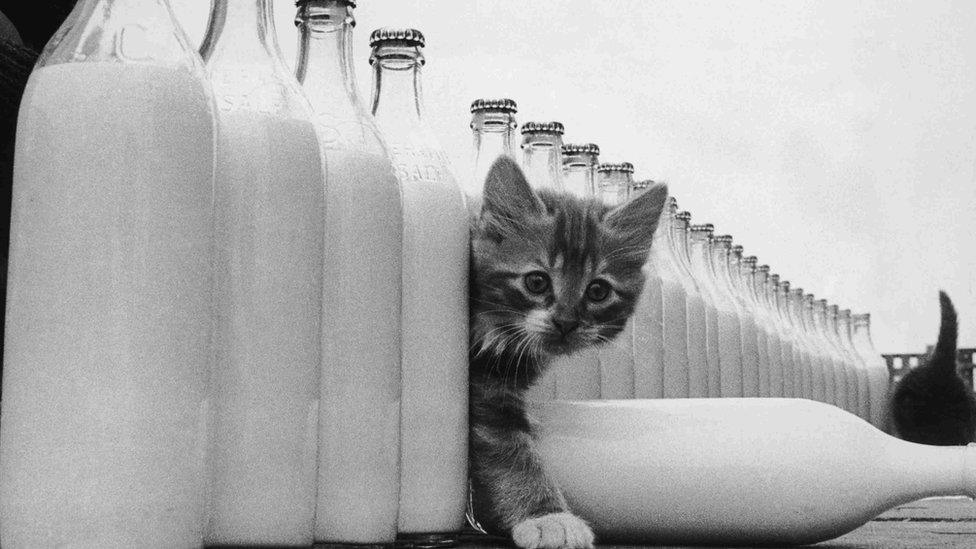
A US dairy faces an overtime bill of about $10m (£8m), after a group of truck drivers won a pay dispute that hinged on some punctuation.
An appeal court sided with the drivers, saying the lack of a comma in the state of Maine's overtime laws made the regulations too ambiguous.
The ruling has been branded "profoundly nerdy" by Quartz, external, while the Guardian, external says it "will delight grammar nerds and Oxford comma enthusiasts anywhere".
So how did it happen?
Well, Maine's law says the following activities do not qualify for overtime pay: "The canning, processing, preserving, freezing, drying, marketing, storing, packing for shipment or distribution of: (1) Agricultural produce; (2) Meat and fish products; and (3) Perishable foods."
The drivers said the lack of a comma between "shipment" and "or distribution" meant the legislation applied only to the single activity of "packing", rather than to "packing" and "distribution" as two separate activities.
And because drivers distribute the goods, but do not pack them, they argued they were therefore eligible for overtime pay - backdated over several years.
A district court had earlier ruled in favour of the dairy firm.
But circuit judge David J Barron overturned that, writing: "We conclude that the exemption's scope is actually not so clear in this regard.
"And because, under Maine law, ambiguities in the state's wage and hour laws must be construed liberally in order to accomplish their remedial purpose, we adopt the drivers' narrower reading of the exemption."
Their employer, Oakhurst Dairy, is likely to appeal.
But if it were to ultimately lose, it would not be the first business to fall foul of punctuation problems, spelling mistakes and typos.
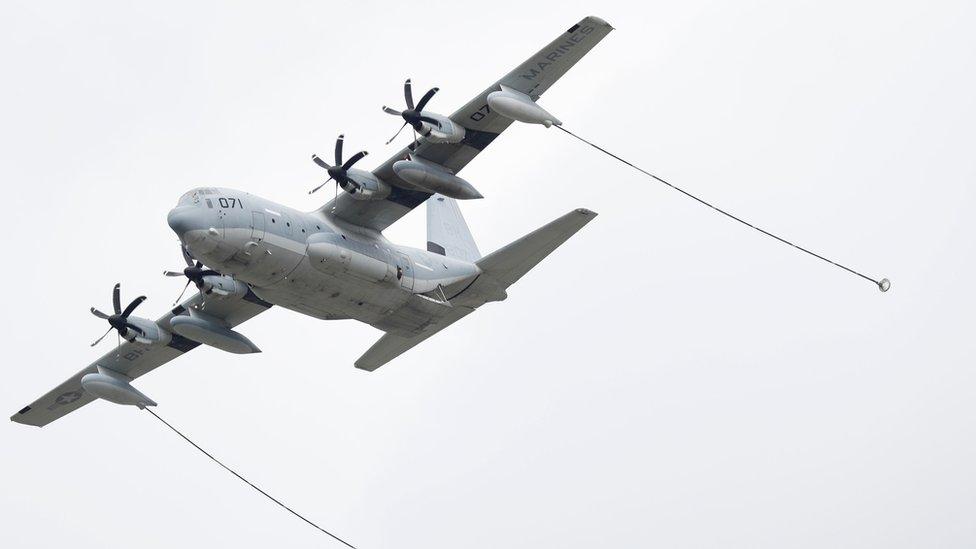
The misplaced comma
When US defence giant Lockheed Martin signed a deal to build Hercules military transport aircraft for an unnamed air force, it knew manufacturing would take several years.
So the contract it drew up in 1999 stated that the price of the planes would increase over time, to account for inflation.
Unfortunately the formula used to work out the price of the aircraft had a typo: a comma that was one decimal place out.
A senior Lockheed executive at the time was quoted as saying: "That comma cost Lockheed $70m." , external
But before we feel too sorry for the firm, in the previous year it had reported total profits of about $1bn.
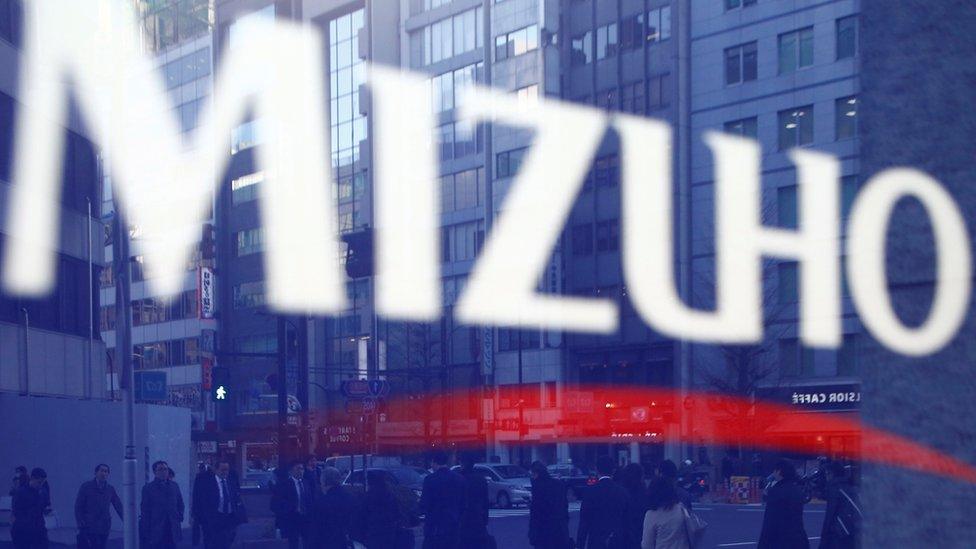
The mispriced share deal
In December 2005, stock market trading in a newly listed Japanese company was thrown into chaos by a broker's typing error., external
Shares in J-Com plunged after the broker at Mizuho Securities tried to sell 610,000 shares at 1 yen each. They had meant to sell one share for 610,000 yen.
A fault at the Tokyo Stock Exchange meant the deal could not be reversed, costing Mizuho about 40bn yen (worth $333m or £190m at the time).
We're guessing the trader's bonus wasn't great that year.
The 's' that ruined a multi-million pound business
Officials at Companies House - the official UK register of businesses - led to the demise of a Welsh engineering firm after a spelling mistake.
Records had been amended to show Taylor & Sons had been wound up in 2009.
But the failing business was another firm called Taylor & Son - with "Son" in the singular.
Taylor & Sons dated back to 1875 and more than 250 people lost their jobs when it went under.
Former co-owner, Philip Davison-Sebry, claimed £8.8m in damages over the mix-up.
This week the BBC learned that Companies House had agreed a confidential settlement.
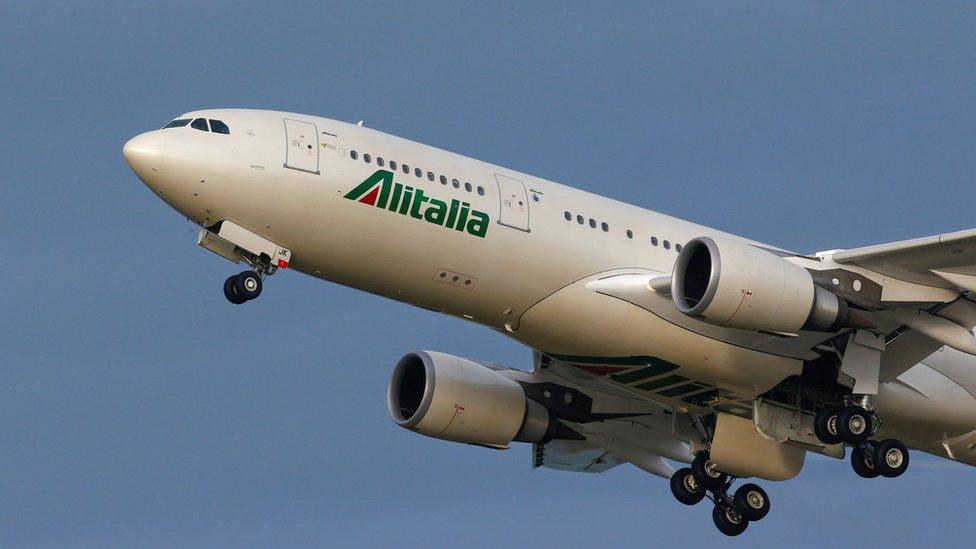
The cheap airline ticket. Like really cheap.
Fancy flying business class from Toronto to Cyprus for $39?
Well back in 2006 you had the chance to do just that after Alitalia listed that fare instead of the usual $3,900.
In the time it took to correct the mistake, some 2,000 passengers took advantage of the bargain.
And when the airline tried to cancel the tickets, the backlash was so big that it decided to save its reputation and honour the price as a goodwill gesture.
The cost to the carrier was estimated at $7.7m.
The misspelled beer
In the world of beer collecting, Allsopp's Arctic Ale gets the pulse racing.
And when one collector put an unopened 155-year-old bottle of one of the planet's rarest beers on eBay in 2007 he was expecting a big payday.
Unfortunately it was listed as "Allsop's" with just one "p" meaning it was not widely seen and received just two bids, closing at a winning price of $308.
Two months later the winning bidder sold the beer on.
Listed as "Allsopp's", he received more than 150 offers, and sold it for more than $500,000.
Or so he thought.
Sadly for him though, it later emerged that the winning bid had in fact come from a prankster, external. The owner reportedly decided to keep the bottle in a safety deposit box instead, external.
- Published6 October 2016
